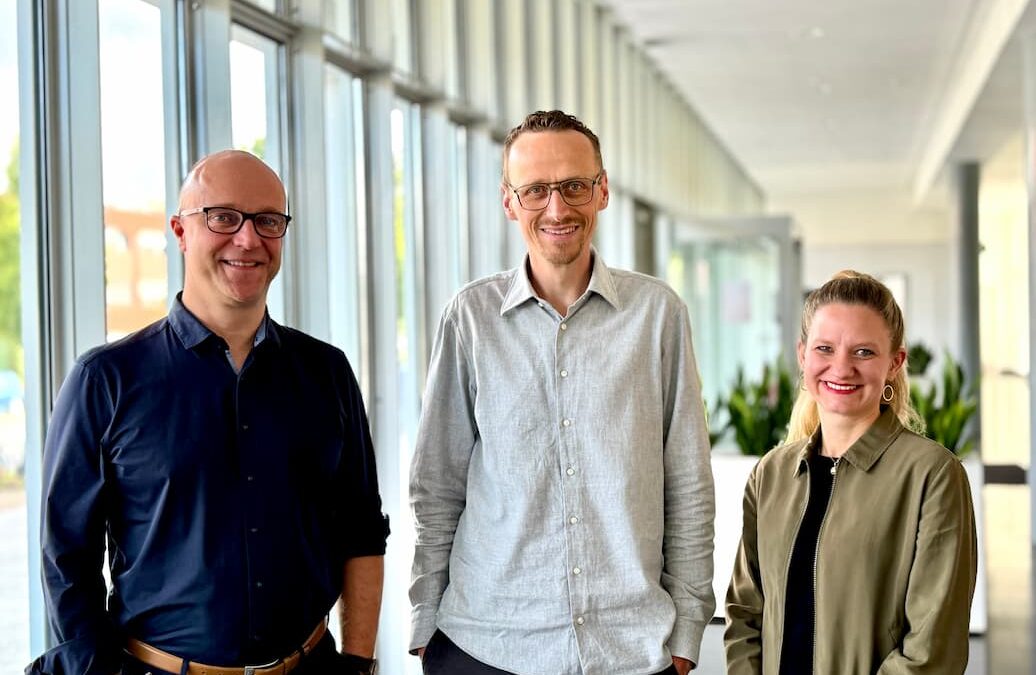
30 October 2025 | Blog
Digital resilience is becoming as vital to logistics as its physical infrastructure. In this joint reflection, Andreas Nettsträter, Carina Tüllmann, and Thorsten Hülsmann – the CEO, CCO, and CFO of the Open Logistics Foundation, respectively – share their perspectives on how Europe’s logistics sector can strengthen its digital sovereignty through open collaboration, open source, and open standards.
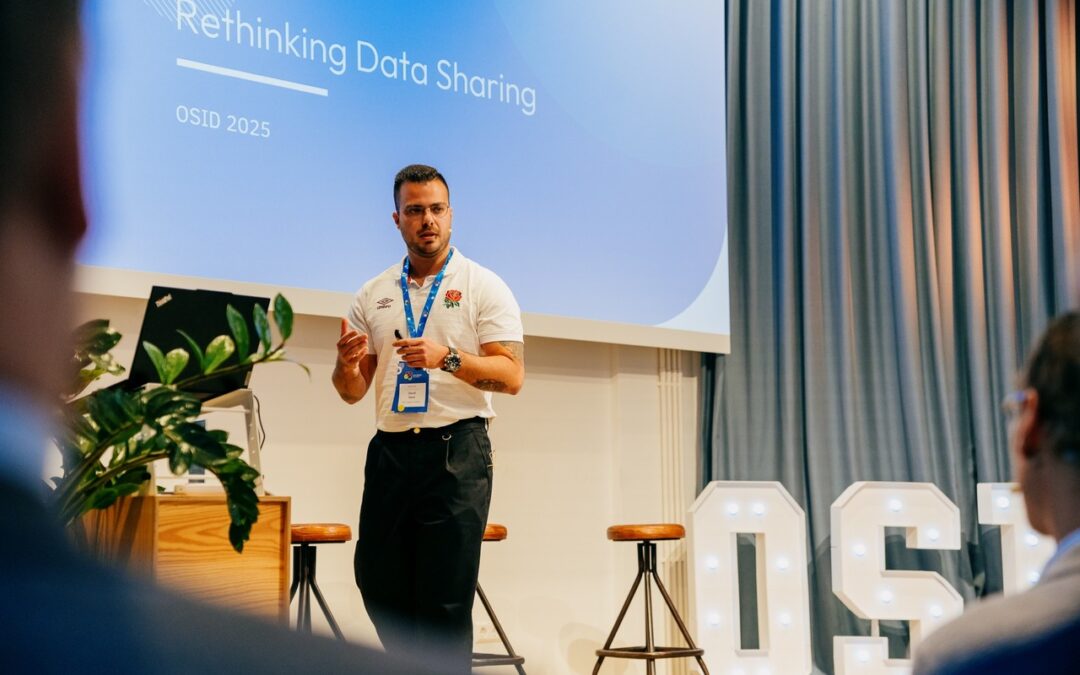
14 August 2025 | Blog
The EU Data Act is reshaping logistics by granting Users access to connected-product data and requiring secure, real-time sharing. The Act introduces potential compliance issues, of course. But, for companies that act now, they have a chance to gain a competitive edge through open source and innovation.

2 June 2025 | Blog
The software for the eCMR, developed by member companies within the Open Logistics Foundation, provides the long-demanded basis for the digital and efficient organisation of international goods transport. The solution does not rely on the electronic signature, which would correspond to the analogue personal signature customary for consignment notes today, but on the advanced electronic seal – an interview with Dr. Detlef Hühnlein, Founder and Managing Director of the signature expert ecsec. The company was involved by the Open Logistics Foundation for the technical implementation.
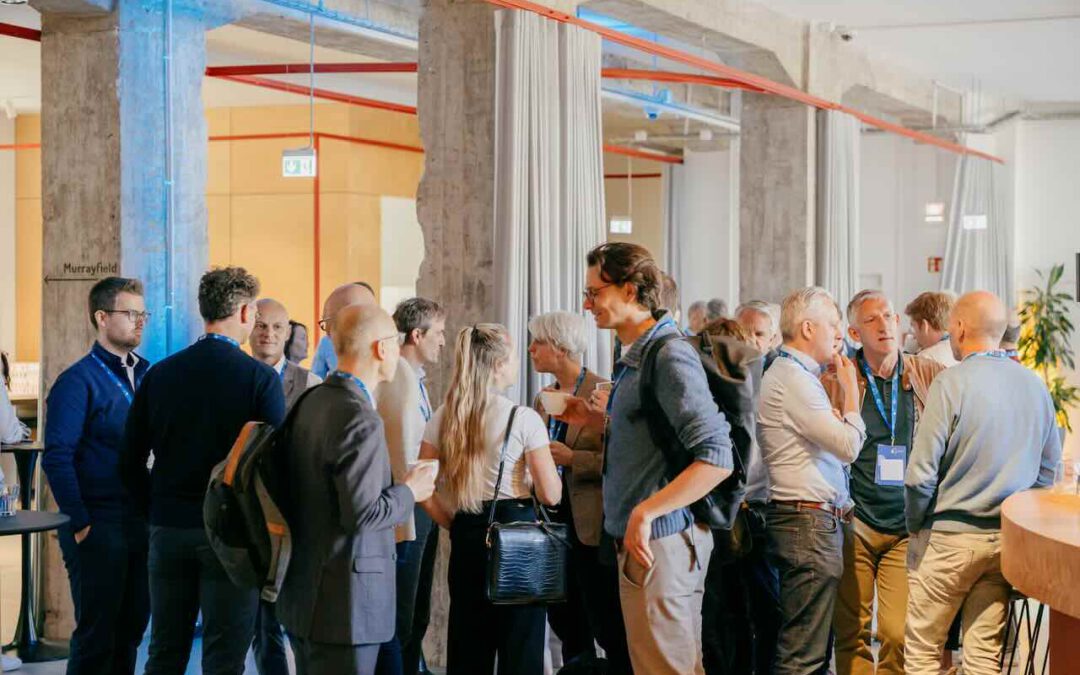
11 March 2025 | Blog
The logistics industry demonstrates how similarities can be strengthened and the future embraced, rather than differences being emphasised and exploited. The Open Logistics Foundation has created a space for the collaborative development of innovative logistics solutions that serve the common good, rather than the interests of a single company. In this interview, Andreas Nettsträter and Carina Tüllmann, the CEO and COO of the Open Logistics Foundation, respectively, explain why a sense of community must take precedence over individual efforts.
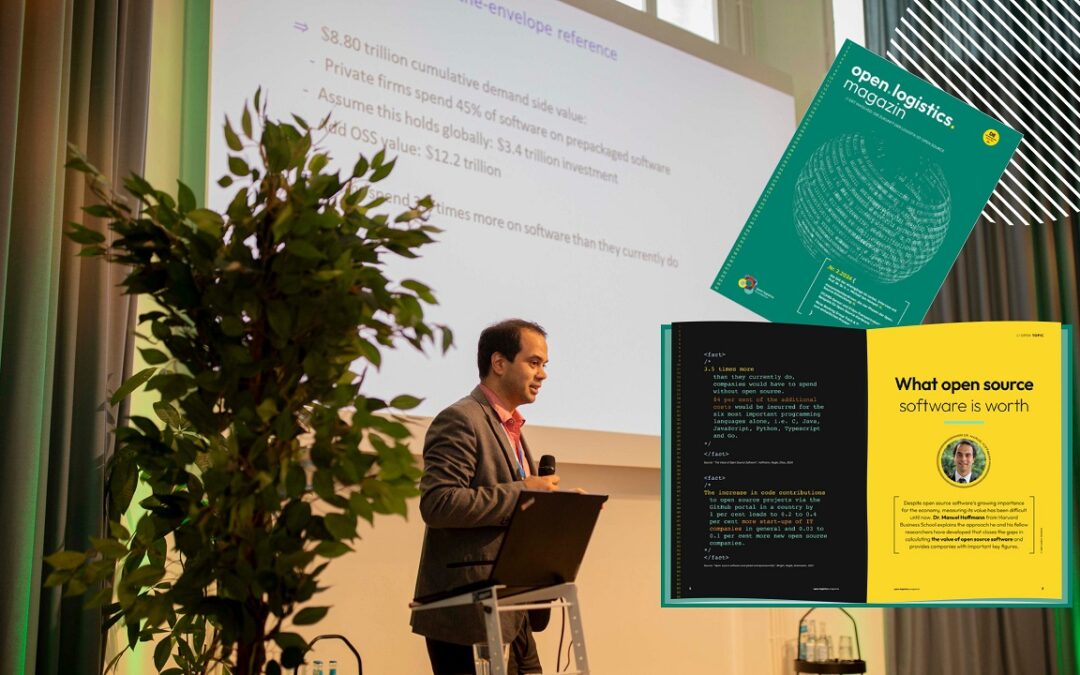
6 January 2025 | Blog
Despite open source software’s growing importance for the economy, measuring its value has been difficult until now. Dr. Manuel Hoffmann from Harvard Business School explains the approach he and his fellow researchers have developed that closes the gaps in calculating the value of open source software and provides companies with important key figures.

26 November 2024 | Blog
With the Cyber Resilience Act (CRA), the European Union wants to improve the quality and security standards of digital products. In this experts´ blog interview, Miriam Seyffarth from OSBA explains what the regulation means for companies and what role open source software plays.
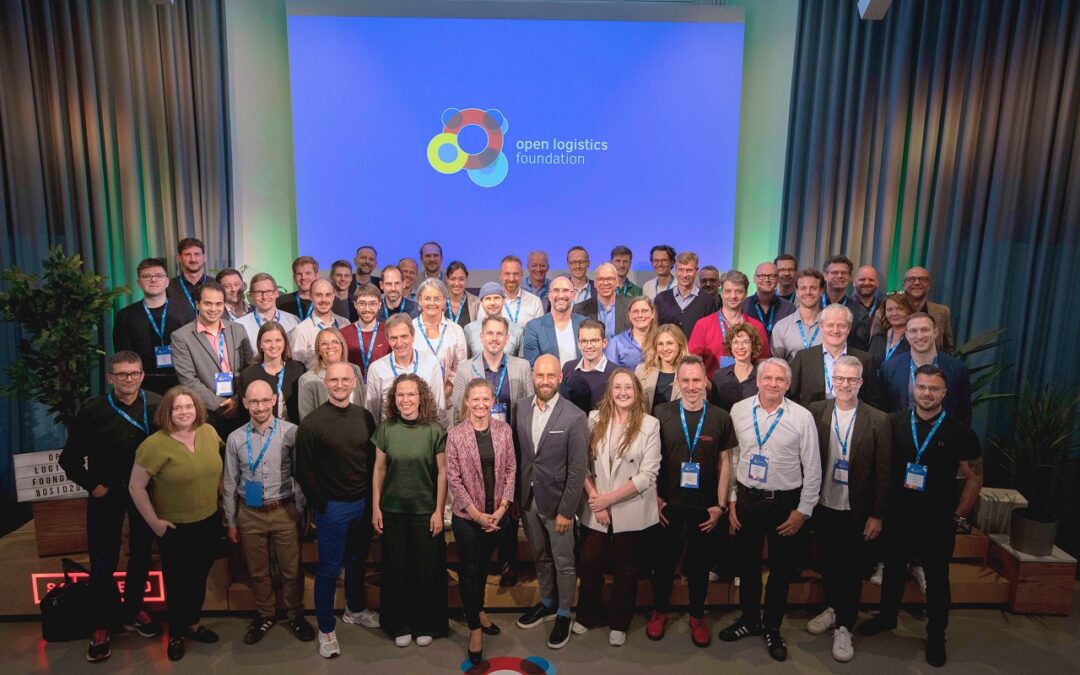
7 November 2024 | Blog
Are you interested in joining our innovation community and curious about what awaits you as a member of the Open Logistics Foundation? Nathalie Böhning, Innovation and Project Manager, explains the onboarding process at Open Logistics Foundation in detail, showcasing how new open source pioneers can actively contribute and engage with other existing members to create de-facto standards for logistics and supply chains.
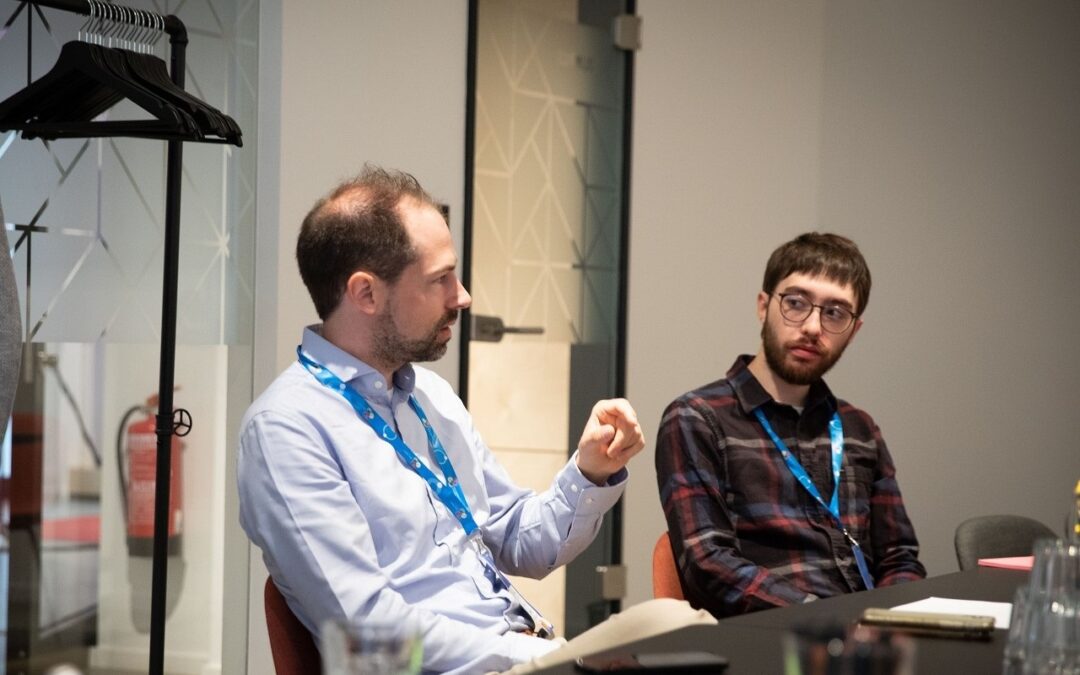
7 October 2024 | Blog
As the number of open source projects continues to grow across various industries, so do the opportunities for developers to contribute their expertise and make a meaningful impact. However, developers often face challenges when trying to participate in open source initiatives. These challenges can include not knowing where to begin, uncertainty about project suitability, concerns over copyright issues, communication barriers, or even burnout. In this article, Jens Leveling, our Head of Technology, shares his opinion and provides valuable guidance on navigating these challenges, specifically focusing on how developers can contribute to projects within the Open Logistics Foundation.
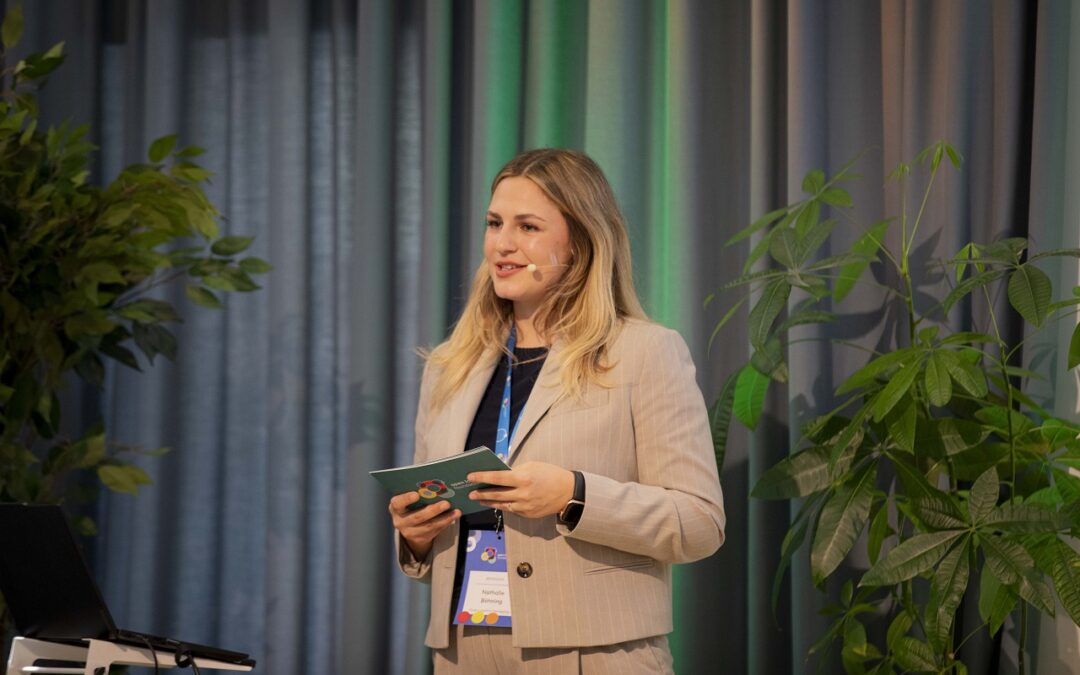
23 August 2024 | Blog
The ideation process within the Open Logistics Foundation is dynamic and continuous, driven by the collective input of our members. New topics are proposed by our Innovation Community (members) in different stages and ways. This article explores how new topics are proposed, developed, and transformed into active projects within our Working Groups. Nathalie Böhning, the Foundation’s Innovation and Project Manager, provides insights into the journey from an initial idea to an accepted and active project.









